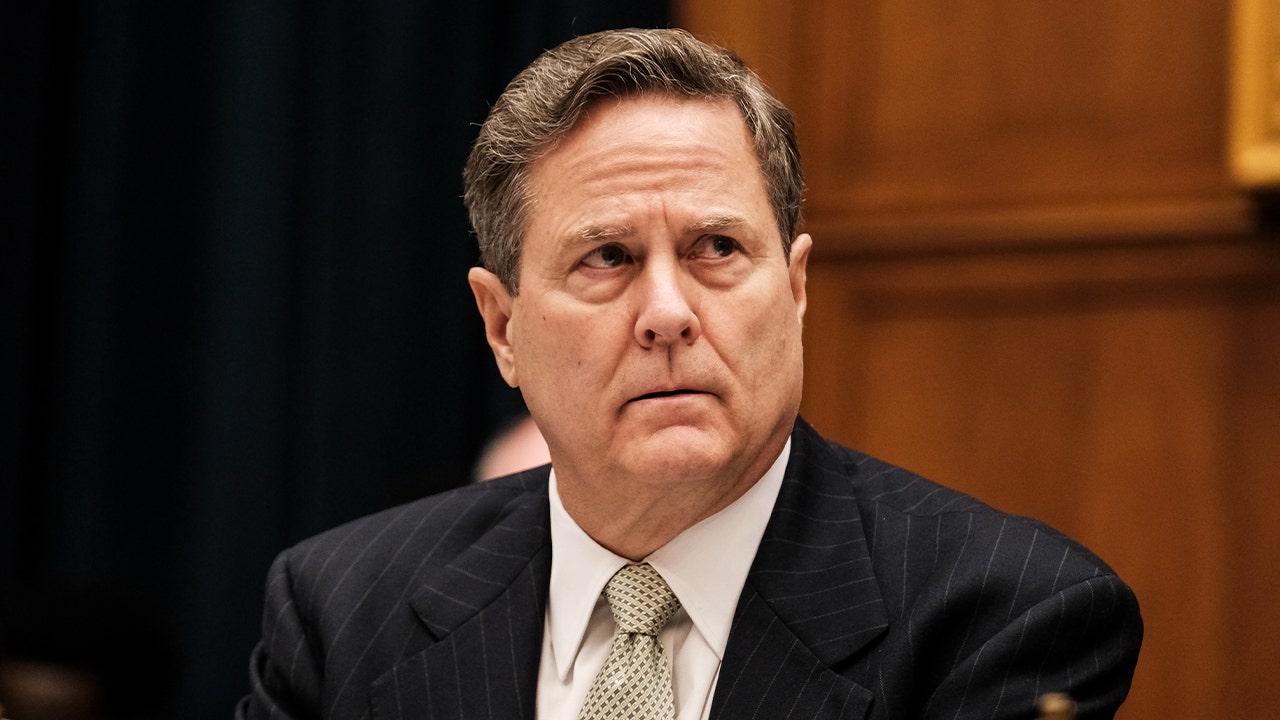It wasn’t a hard sell. She responded to Doerries over email. “You want me to play an old, blind transgender prophet? That’s a dream come true!” he recalled her writing.
“We have a great admiration for nurses, and you just say yes to these things,” Atwood said later, during a call from her home in Toronto. “It’s like giving blood — you don’t say, ‘Well, on the one hand … and on the other.’”
The actors, both professional and nonprofessional, will not be wearing costumes (an attempt by Doerries to keep things unpolished and raw) — except for Atwood, who is the only one who needs some indicator that her character is blind. Days before the performance, she was contemplating a hooded cape that covered most of her face and possibly a pair of skeleton gloves.
The reading, which will be performed virtually and is the first in a yearlong initiative of 12 performances in collaboration with different nursing organizations around the country, comes about two years after the World Health Organization declared Covid-19 a pandemic. It’s a crisis that has left frontline medical workers so exhausted and traumatized that they are quitting their jobs in droves. And a recent survey of thousands of nurses by the American Association of Critical-Care Nurses found that 66 percent considered leaving their posts because of their experiences during the pandemic.
“Nurses talk about how in the beginning everybody was clapping and cheering and calling us heroes,” said Cynda Rushton, a leader in clinical ethics who teaches at Johns Hopkins Berman Institute of Bioethics and at Johns Hopkins School of Nursing, who helped Doerries recruit nurses for the play. “But then as time has gone on and you think about the social unrest, the political divide, the anger that has developed in response to the pandemic, nurses — as the people who are closest to the patient — have been the recipient of that anger or that violence and frustration.”
Theater of War Productions was founded in 2008 to take community-based performances of Greek tragedies to military bases, hospitals and other venues to help active service members and veterans, as well as their spouses and other military-adjacent workers, process and share war trauma. In the 14 years since its founding, the group has expanded its mission beyond military circles to other communities in crisis: the homeless, the incarcerated and survivors of addiction, abuse, natural disaster or racial violence.




















Discussion about this post